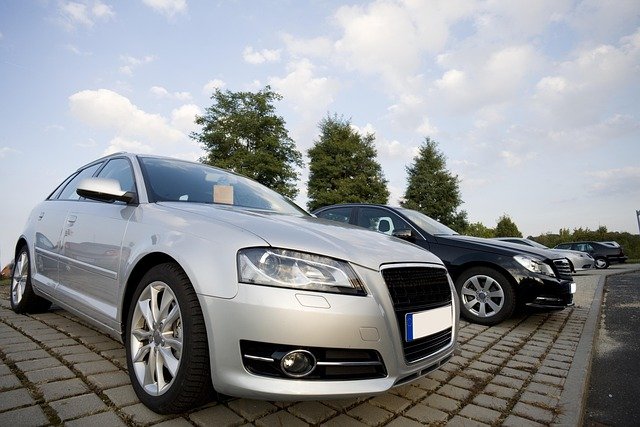How to Choose a Reliable Used Car Without Overpaying
Buying a used car can be an excellent way to save money while getting reliable transportation, but it requires careful research and consideration to avoid costly mistakes. Understanding how to evaluate vehicle condition, negotiate prices, and spot potential issues can help you make a confident purchase decision while staying within your budget.

What Should You Research Before Starting Your Used Car Search?
Before beginning your search, determine your budget, preferred vehicle types, and essential features. Research reliability ratings and common issues for specific makes and models you’re interested in. Consider factors like fuel efficiency, maintenance costs, and insurance rates. Make a list of must-have features versus nice-to-have options to help narrow your search and prevent emotional decisions during shopping.
How Can You Accurately Estimate a Fair Market Price?
Use multiple pricing resources like Kelley Blue Book, NADA Guides, and local market listings to establish a reasonable price range. Consider factors such as:
-
Vehicle age and mileage
-
Condition and maintenance history
-
Local market demand
-
Seasonal price fluctuations
-
Optional features and modifications
What Are the Critical Vehicle History Checks?
Always obtain a comprehensive vehicle history report through services like Carfax or AutoCheck. Key elements to review include:
-
Accident history and damage reports
-
Number of previous owners
-
Service records and maintenance history
-
Title status and potential liens
-
Recall information
-
Registration history
What Are Current Price Ranges for Popular Used Cars?
| Vehicle Category | Average Price Range | Age Range (Years) |
|---|---|---|
| Economy Cars | $8,000 - $15,000 | 3-7 |
| Midsize Sedans | $12,000 - $22,000 | 3-7 |
| SUVs | $15,000 - $30,000 | 3-7 |
| Luxury Vehicles | $20,000 - $40,000 | 3-7 |
Prices, rates, or cost estimates mentioned in this article are based on the latest available information but may change over time. Independent research is advised before making financial decisions.
How Do Market Conditions Affect Used Car Prices?
Market conditions significantly influence used car prices. Current factors affecting the market include:
-
Supply chain issues affecting new car availability
-
Economic conditions and interest rates
-
Seasonal demand fluctuations
-
Regional preferences and weather conditions
-
Fuel prices and efficiency trends
To get the best deal, consider:
-
Shopping during off-peak seasons
-
Comparing prices across different regions
-
Being flexible with vehicle options
-
Having financing pre-approved
-
Being prepared to negotiate
A successful used car purchase requires thorough research, patience, and attention to detail. Take time to inspect multiple vehicles, get professional mechanical inspections when possible, and don’t feel pressured to make an immediate decision. By following these guidelines and understanding current market conditions, you can find a reliable used car that fits your needs and budget without overpaying.




